Fertilizer for tulips, hyacinths, and daffodils?
TNflowerlover Zone 7a
12 years ago
Featured Answer
Sort by:Oldest
Comments (17)
TNflowerlover Zone 7a
12 years agoflora_uk
12 years agoRelated Professionals
Franconia Landscape Architects & Landscape Designers · Hershey Landscape Architects & Landscape Designers · Manorville Landscape Architects & Landscape Designers · Willowick Landscape Architects & Landscape Designers · Harvey Landscape Architects & Landscape Designers · Medford Landscape Contractors · Pelham Landscape Contractors · Addison Landscape Contractors · Aloha Landscape Contractors · Del Aire Landscape Contractors · Lake Zurich Landscape Contractors · Ridgewood Landscape Contractors · Salmon Creek Landscape Contractors · Wallingford Landscape Contractors · Palos Hills Landscape Contractorsgardengal48 (PNW Z8/9)
12 years agoTNflowerlover Zone 7a
12 years agoflora_uk
12 years agocalistoga_al ca 15 usda 9
12 years agogardengal48 (PNW Z8/9)
12 years agoTNflowerlover Zone 7a
12 years agoWayne Reibold
12 years agoTNflowerlover Zone 7a
12 years agoposierosie_zone7a
8 years agoNHBabs z4b-5a NH
8 years agoMark ONeill
7 years agogardengal48 (PNW Z8/9)
7 years ago
Related Stories
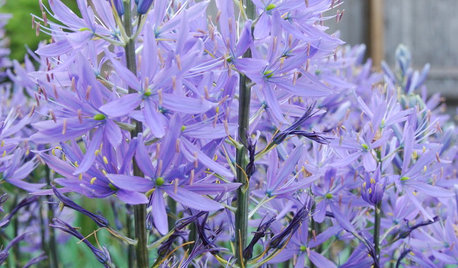
BULBSGreat Design Plant: Wild Hyacinth for a Bolt of Blue
Get knockout spring blooms on spiky stems by planting these bulbs before the ground freezes
Full Story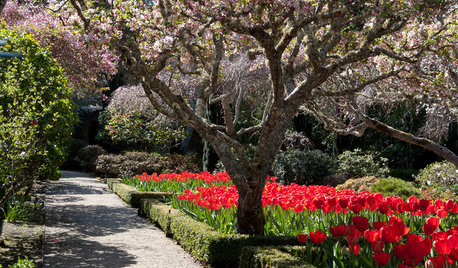
PLANTING IDEASEasygoing Tulip Ideas From a Grand California Garden
Gather up these ways to use tulips to make a spring garden of any size overflow with beauty
Full Story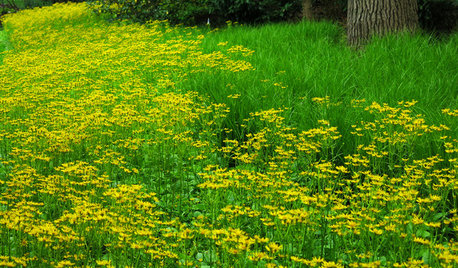
FALL GARDENING5 Native Early-Spring Bloomers to Plant This Fall
Think beyond tulips and daffodils this year with plants that you and native pollinators will love
Full Story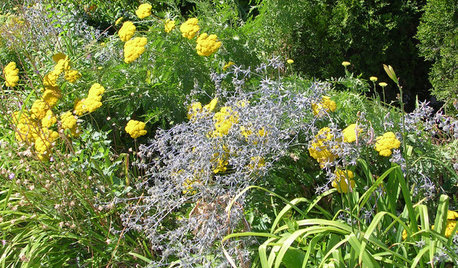
GARDENING GUIDESRocky Mountain Gardener: What to Do in July
Keep the party going all summer long with smart watering methods and fertilizer. Get ready for next year and order bulbs now
Full Story0
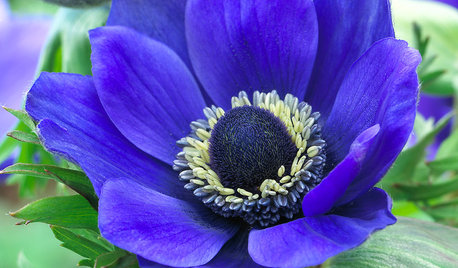
FALL GARDENING6 Splendid Blue-Flowering Bulbs
How do you blue? With colors from sky to cobalt, these bulbs will greet you merrily in a spring garden
Full Story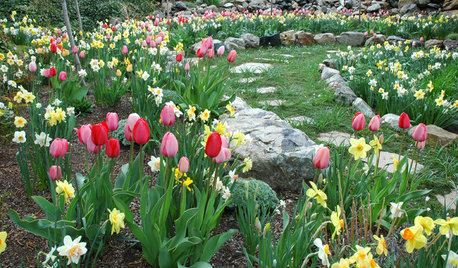
GARDENING GUIDESGardening With Kids: How to Plant Bulbs
You don't need expertise to get flowering bulbs in the ground in fall — but kids will feel like gardening pros come spring
Full Story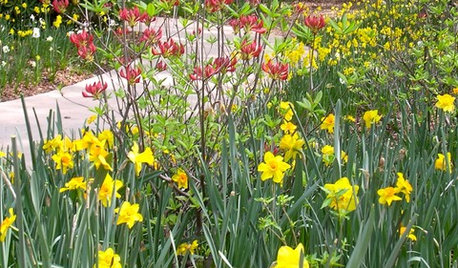
SPRING GARDENINGSpring Fling: Visit a Garden in Full Glory
The Atlanta Botanical Garden is blooming three weeks ahead of schedule. Come take a peek with us
Full Story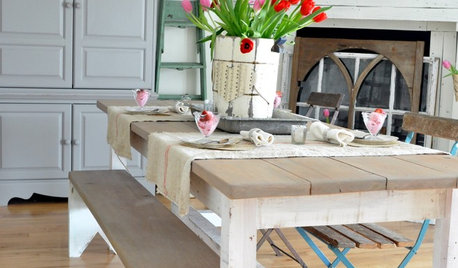
DECORATING GUIDESSpring Style: Fresh-Cut Flowers for Every Room
Graceful, lively or dramatic, fresh flowers make rooms of every shape, size and style that much lovelier
Full Story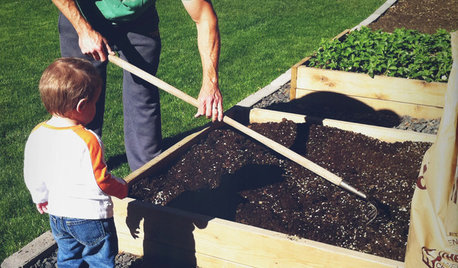
GARDENING GUIDESSouthern California Gardener's September Checklist
Before prime planting time, clean out the old garden, prepare for the new, and dream up ideas for fall flowers and veggies
Full Story0
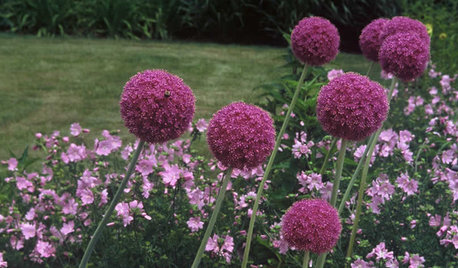
GARDENING GUIDES6 Unsung Bulbs for Fall Planting
Don't hang up your spade after summer — plant these unusual bulbs in fall for a spectacular spring show
Full Story





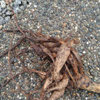
floral_uk z.8/9 SW UK